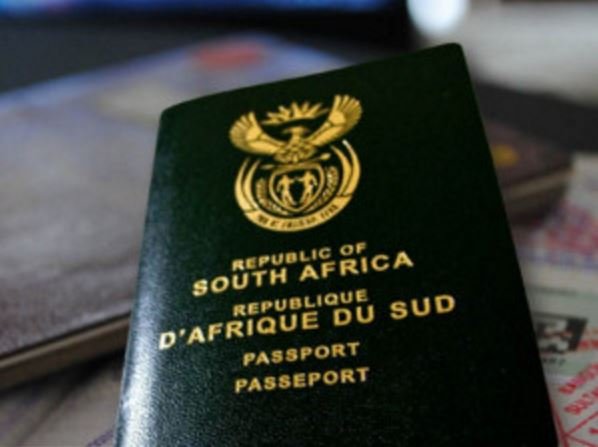Home Affairs defends controversial border bill
Updated | By Nathan Daniels
People entering and exiting the country could soon be met with a totally different procedure.

A procedure the Department of Home Affairs believes is constitutional.
The integration of various functions to one single authority – the Border Management Agency – is approaching its final stages.
Waiting for approval from the National Council of Provinces (NCOP) and President Cyril Ramaphosa’s signature, the Border Management Authority Bill will bring about extraordinary reform.
The Department of Home Affairs (DHA) is planning to integrate the separate authorities at the country’s borders to ensure more efficiency.
ALSO READ: Concerns mount over 'unconstitutional' border bill
From landing to having your passport stamped, functions performed by the South African Revenue Services (SARS), South African Police Services (SAPS) and South Africa National Defence Force (SANDF) will be controlled by home affairs.
“The Border Management Agency gives us the means to integrate all these different authorities into one body that will be able to efficiency manage the border a little better than it was happening in the past,” says spokesperson, Mayihlome Tshwete.
It is however not only the implication of the 18 functions taken over by the department that have law experts worried, but also the impact it could have on refugees in South Africa.
‘Asylum seeking centres’ or ‘Refugee Reception Areas’, as government dubs it, will be built at all ports of entry to the country, ensuring that those with inadequate travel documents are barred from entering.
“People that come to South Africa, applying for asylum and never return to finish their application. That is a big problem, people come they just apply for something and desert their own application. So what we are trying to do is make sure that all applications are processed and completed quite quickly as possible and in a Constitutional manner, “ Tshwete explains.
Director at the Centre for Constitutional Rights Phephelaphi Dube disagrees, saying it is inconsistent with not only the country’s laws but also those of the African Union and United Nations.
Show's Stories
-
Dad tries to have honest conversation with his 2-year-old
"I just wanted to have a conversation with you today...This morning you ...
The Workzone with Alex Jay 18 hours ago -
Winter playground returns to Melrose Arch
Take the kids out this weekend, visit the Melrose Arch Winter playground...
The Workzone with Elana Afrika-Bredenkamp 18 hours ago